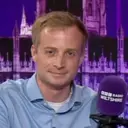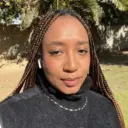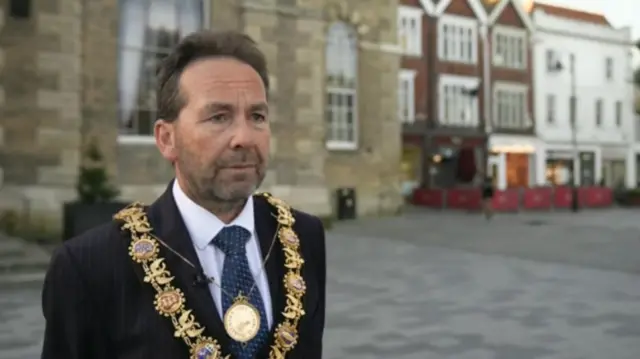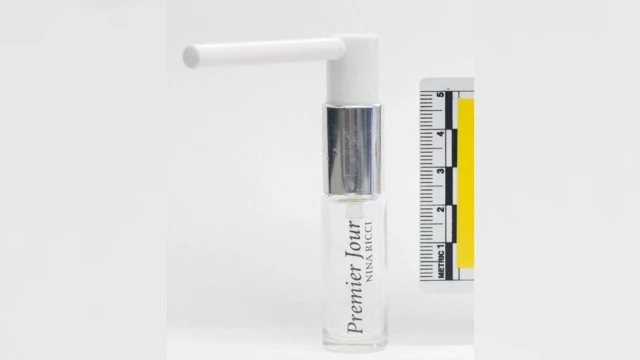Goodbyepublished at 16:24 BST 16 October 2024
That's all for our live coverage of the third day of the Dawn Sturgess Inquiry.
Revisit BBC News Wiltshire tomorrow where we expect to hear from the ambulance service about the emergency service response to the Salisbury and Amesbury poisonings.
Today's live blog was written by Dawn Limbu and Adam Goldsmith and was Edited by Richard Greenaway and Chris Kelly.



